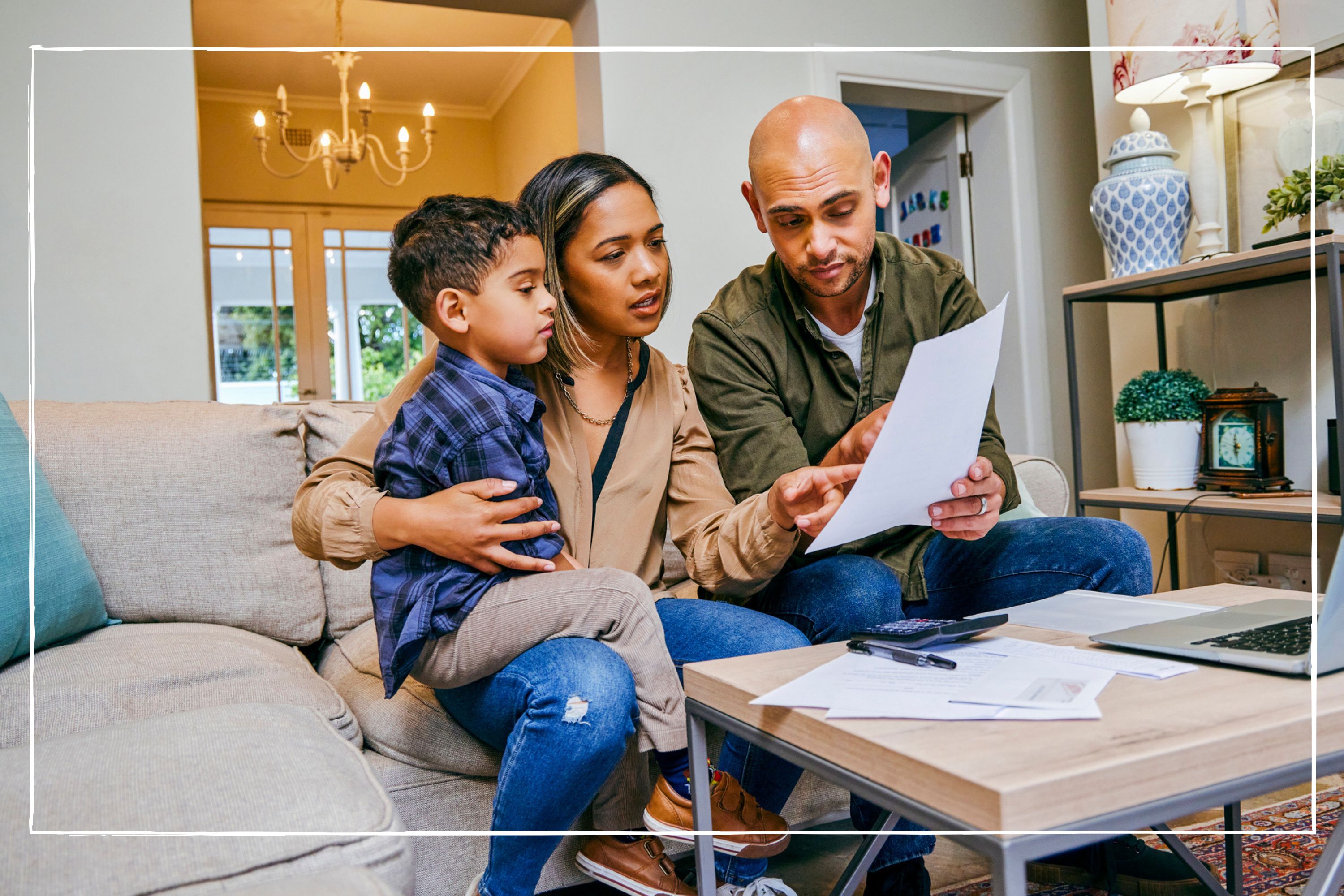Qualifying dates for the cost of living payment 2023 - and what to do if you haven't received it
Check the qualifying dates for the cost of living payment to make sure you are eligible for the next instalment

This article has been updated to reflect the payment dates and assessment period for the second cost of living payment as announced by the government.
There are very specific qualifying dates for the cost of living payment and it's important you know when they are as it will determine whether you are eligible for the first instalment that is now being paid.
The 2023 cost of living payment is £900, and will be paid in instalments (with the final instalment actually arriving in spring 2024). It's worthwhile bookmarking our article on when the cost of living payments are to be paid - we'll keep it up to date with the latest government announcements.
The government decides who is entitled to the payment based on who was claiming, or had submitted a claim that went on to be successful, during a very specific assessment window. There is a different assessment window for each instalment, so if you're not already claiming one of the eligible benefits and think you should be, apply as soon as possible to maximise how much of cost of living help you can get.
What are the qualifying dates for the cost of living payment 2023?
The qualifying dates for the first instalment of the cost of living payment is between 26 January 2023 and 25 February 2023. If you were claiming eligible benefits, including Universal Credit, Child Tax Credit, Jobseekers Allowance or Employment & Support Allowance, during that time, then you will receive the £301 payment.
Most people will receive the funds between 25 April and 17 May 2023. Payments won't be made on weekends or bank holidays.
The qualifying period for the second instalment (due to be paid between 31 October and 19 November 2023) is from 18 August to 17 September 2023. The dates for the final payment due in spring 2024 have not yet been announced.
What should I do if I haven't received the payment?
Most qualifying families will receive their payment between 31 October and 19 November 2023. It's paid in the same way as your benefit so it's a good idea to keep an eye on your bank account to see when it lands. It'll be separate to any benefit payments you get and should have the reference DWP COL or DWP Cost of Living.
Parenting advice, hot topics, best buys and family finance tips delivered straight to your inbox.
If the 19 November comes and goes and you still haven't received the £300 payment, there's still more you can do:
- Double check your eligibility - you can get in touch with the DWP office that pays your benefit if you're not sure whether you qualify for not.
- Some 'complex cases' might see a delay in their payment. But if you are eligible, it will be paid automatically, you might just get it later than 19 November.
- If you receive a joint benefit with your partner, you will only get one cost of living payment.
- If you receive Working Tax Credit or Child Tax Credit and no other benefits, you should receive your payment slightly later.
- You will not get a payment if you are only getting New Style ESA, contributory ESA, or New Style JSA.
- You will not be eligible for the money if your benefit was reduced to £0 for the qualifying period. This might have been because your earnings or savings went up or you were given a sanction.
Sarah is GoodtoKnow’s Money Editor. After Sarah graduated from University of Wales, Aberystwyth, with a degree in English and Creative Writing, she entered the world of publishing in 2007, working as a writer and digital editor on a range of titles including Real Homes, Homebuilding & Renovating, The Money Edit and more. When not writing or editing, Sarah can be found hanging out with her rockstar dog, getting opinionated about a movie or learning British Sign Language.